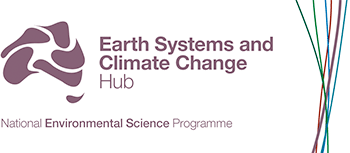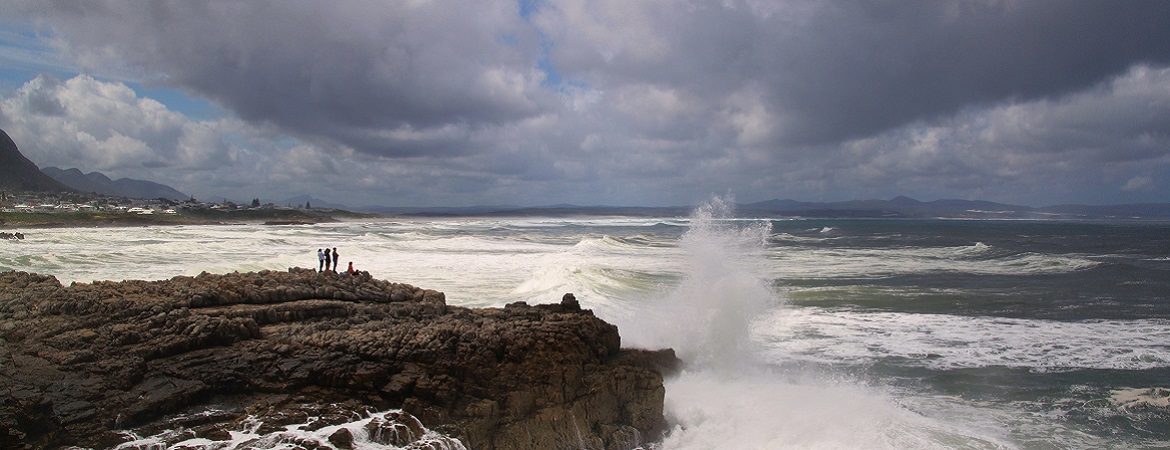Wednesday 18 March 2020, 11.30–12.30 (AEDT)
Overview
Australia is a coastal nation. Changes in our coastal climate primarily occur through marine and coastal extremes including marine heat waves, sea-levels, wind-forced waves and storm surges. These extremes have broad implications for stakeholders such as coastal councils, environmental managers, engineers, infrastructure designers and aquaculture and fisheries industries.
Earth Systems and Climate Change Hub researchers are working to understand how a range of marine and coastal extremes are changing and will continue to change into the future, including ocean waves. Ocean waves are generated by surface winds. Our changing climate will drive changes in wind patterns around the globe, which will in turn alter ocean wave conditions. Changes in wave height, frequency, duration and direction have the potential to alter coastal systems, impact coastal infrastructure and change sand transportation processes, which affect beach morphology.
This webinar discusses the impacts of climate change and variability on wind-forced waves, to inform the next generation of Australian coastal climate projections towards improved coastal planning and management.
Eng. Joao Morim (Griffith University, Hub and CSIRO affiliated) firstly discusses the role of climate change on global ocean waves by the end of the 21st century. He focuses on the robustness of the wave climate signal and the underlying uncertainties associated with projected wave climate. He also addresses the link between potential changes in ocean wave storm events and the historical patterns of climate modes of variability (such as the Southern Annular Mode, El Nino-Southern Oscillation and the North Atlantic Oscillation).
Dr Andrew Marshall (Bureau of Meteorology) then introduces key drivers of ocean wave variability and extremes on the multi-week timescale, with a focus on the Australian marine environment. He highlights the influences of the Madden-Julian Oscillation, Southern Annular Mode and atmospheric blocking and their implications on predicting wind-wave variability from weekly to seasonal timescales.
Watch the webinar video
About the presenters
Eng. Joao Morim is a PhD candidate at Griffith University (and Hub and CSIRO affiliated). His research focuses on understanding the long-term effects of increased anthropogenic forcing on global ocean wave climate and quantifying the magnitude of the underlying uncertainties (emission scenarios, model forcing and downscaling approaches). Joao’s time is shared between contributing to the Coordinated Ocean Wave Climate Project (COWCLIP) and working on international multi-disciplinary research projects.
Dr Andrew Marshall is a senior research scientist at the Bureau of Meteorology in Hobart. He explores key drivers of global climate variability and extremes on multi-week to interannual timescales. Andrew’s time is shared between developing the Bureau’s seasonal forecast system, collaborating in Australian and international research clusters and interfacing with operations and planning through delivery of tailored climate briefings. Andrew is also President of the Australian Meteorological and Oceanographic Society.
Joao and Andrew both contribute towards the Earth Systems and Climate Change Hub Project 5.8: Marine and coastal climate services for extremes information.

